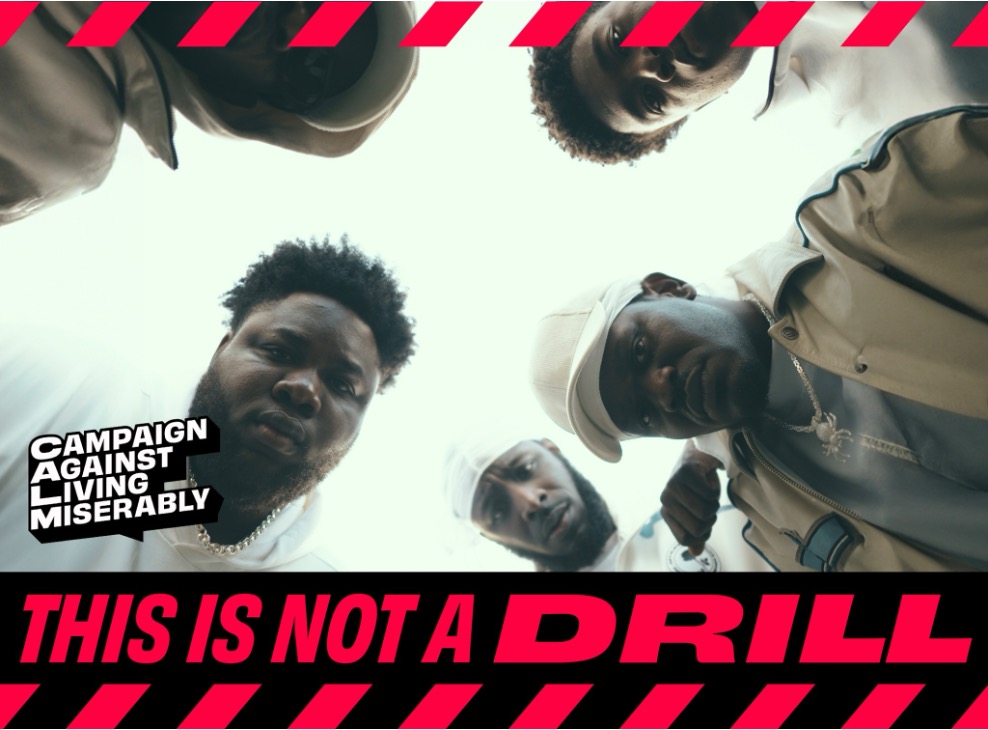While Fed monetary policy has so far managed to tame post-pandemic inflation without precipitating a recession, there is growing concern among some economists that planned tariffs and mass deportations under President-elect Donald Trump might endanger that soft landing.
But if a recession does hit, Illinois is ready to cushion the fall, a new economic study found.
The state is in better shape to withstand a downturn than it was during either the 2007 Great Recession or the 2020 COVID recession, according to the joint study published Monday by the Illinois Economic Policy Institute and the Project for Middle Class Renewal at the University of Illinois Urbana-Champaign.
“No state in the nation is recession proof,” said report co-author Frank Manzo, an economist at the Illinois Economic Policy Institute, a La Grange-based nonpartisan research organization. “But Illinois is better positioned to overcome the challenges and withstand the forces that trigger recessions than at any point in recent history.”
The elimination of the general fund deficit and replenishing the state’s “rainy day” fund with $2 billion leads the list of post-pandemic improvements that should help Illinois weather a possible recession with a little less pain than the previous two, the study found.
Other improvements include a work-share program implemented in 2021 that allows employers to avoid layoffs by temporarily reducing workers’ hours while enabling them to receive pro-rated unemployment benefits.
In addition, the state’s 2019 Rebuild Illinois capital plan, bolstered by federal infrastructure funding during the Biden administration, will invest $41 billion in roads, bridges, rail, air and public transit over the next six years, providing ongoing jobs and economic activity — even through a downturn.
“The research shows that states which prioritize investments in skilled labor and infrastructure not only are more resilient, but also have higher growth rates,” Manzo told the Tribune. “So they do have better performing economies, regardless of whether they fall into recession or not.”
A post-pandemic recession seemed inevitable to many economists last year after the Fed made 11 rate hikes over 16 months in an effort to curb inflation, which peaked at an annual rate of 9.1% in June 2022, due largely to supply chain disruptions.
Next week, with inflation hovering at about 2.5% and the economy relatively stable, the Fed will weigh its third rate cut since September amid increasing optimism that a recession can be avoided.
But a September report by the Peterson Institute for International Economics predicts that Trump’s tariff and deportation policies will cause consumer prices to rise and inflation to spike to as high as 9.3% by 2026, once again raising the specter of imminent recession.
Manzo puts the odds of a recession during Trump 2.0 at about 30%, meaning Illinois needs to be ready.
“When there’s a 30% chance of precipitation, most people pack an umbrella or bring a raincoat,” Manzo said. “And it’s really no different for states, which must work to create resilient economies that are prepared to weather the next downturn.”
Despite its improved recession resilience, Illinois is still grappling with significant economic problems, including its worst-in-the-nation standing for unfunded pension liability and one of the highest corporate tax rates among the states, a competitive development disadvantage.
Illinois has lost a number of big-name corporations to other states in the post-pandemic landscape, including billionaire hedge fund manager Ken Griffin’s investment firm, Citadel, which moved from Chicago to Miami in 2022. Other recent high-profile exits included Boeing and Caterpillar.
Even in some economic areas in which it has improved, such as the rainy day fund to keep the state operating during a downturn, which is up 700% since the Great Recession, Illinois still lags most other states, Manzo said.
But the study did not compare Illinois to other states, only against itself as it navigated two recessions and the pandemic during the new millennium. And on that measure, Illinois is in much better financial shape, with nine upgrades from credit rating agencies since 2021.
For Illinois employers and employees alike, the state’s improved financial health could make “a material difference” when the next recession hits, according to report co-author Robert Bruno, a professor of labor and employment relations at the University of Illinois Urbana-Champaign and director of the Project for Middle Class Renewal.
“People would likely, if a recession occurred, experience less hardship, there would be more shock absorbers available,” Bruno said. “We think there’s a real high probability that there would be less stress on families and on workers and on businesses.”
Inflation and the economy were key issues during the recent presidential campaign, with divergent views on which party’s platform was more likely to put the U.S. on the road to recession.
Vice President Kamala Harris touted a letter signed by 23 Nobel Prize-winning economists who said the Democratic nominee’s economic agenda was “vastly superior” to Trump’s plan for higher tariffs, which they said would lead to higher prices and larger deficits.
Meanwhile, the Republican presidential campaign leveraged the high cost of eggs and frustration over inflation — among other topics — to a victory in November, returning Trump to the White House for a second term of promised tax cuts and tariffs after a four-year hiatus.
Bruno said national politics, however, played no part in the Illinois recession study, which was undertaken before either party had even chosen a candidate, much less formulated an economic plan. But if the long-predicted recession does happen during the second Trump administration, Illinois may make some red and blue states green with envy over its improved resilience to the downturn.
“A national recession is going to be felt everywhere if it happens,” Bruno said. “Illinois is better prepared to deal with it than they were. You can’t prevent it, but you can do better.”
rchannick@chicagotribune.com

















Discussion about this post